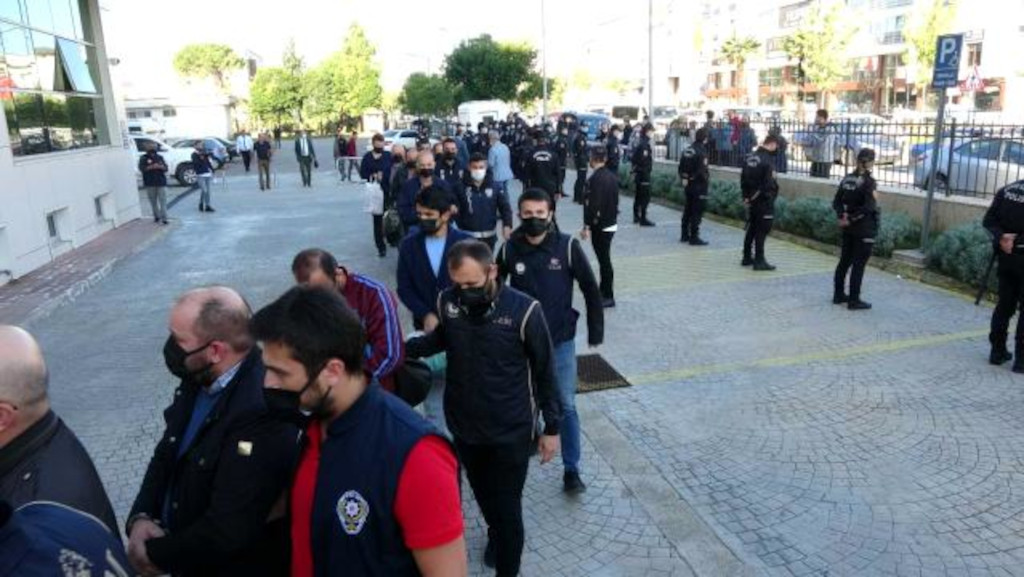Turkish police have detained 72 people across 17 provinces over their alleged links to the faith-based Gülen movement, the Stcokholm Center for Freedom reported, citing Interior Minister Ali Yerlikaya on Thursday.
FETÖ'YE YÖNELİK OPERASYONLAR DEVAM EDİYOR
1️⃣7️⃣ ilde FETÖ’ye yönelik son 4 gündür yapılan “KISKAÇ-19” operasyonlarında 7️⃣2️⃣ şüpheli yakalandı❗️FETÖ’cülere göz açtırmayacağız. Aziz milletimizin huzuru, birlik ve beraberliği için güvenlik güçlerimizin üstün gayretleriyle… pic.twitter.com/7VVLK1STXo
— Ali Yerlikaya (@AliYerlikaya) June 6, 2024
Yerlikaya said the detainees included suspects who were involved in the movement’s alleged infiltration of the police and the judiciary as well as those accused of having secretly communicated with their contacts within the movement via pay phones.
The so-called “pay phone investigations” are based on call records. The prosecutors assume that a member of the Gülen movement used the same pay phone to call all his contacts consecutively. Based on that assumption, when an alleged member of the movement is found in call records, it is assumed that other numbers called right before or after that call also belong to people with Gülen links.
Also detained were people who were denounced as members of the movement in the testimony of others or those who were at large, with sentences over Gülen links upheld by the Supreme Court of Appeals.
Turkish President Recep Tayyip Erdoğan has been targeting followers of the Gülen movement since the corruption investigations of December 2013, which implicated then-prime minister Erdoğan, his family members and his inner circle.
Dismissing the investigations as a Gülenist coup and conspiracy against his government, Erdoğan designated the movement as a terrorist organization and began to target its members. He intensified the crackdown on the movement following an abortive putsch in 2016 that he accused Gülen of masterminding. Gülen and the movement strongly deny involvement in the coup attempt or any terrorist activity.
In addition to the thousands who were jailed, scores of other Gülen movement followers had to flee Turkey to avoid the government crackdown.
Turkish authorities routinely rely on witness statements as evidence to identify and prosecute members of the group.
The defendants in the trials against the movement are often encouraged to benefit from the country’s repentance laws allowing for reduced penalties in exchange for denouncing other members of the group.
In recent years, there have also been many reports about the alleged use of torture and ill-treatment in custody to coerce detainees into becoming informants and incriminating others.

